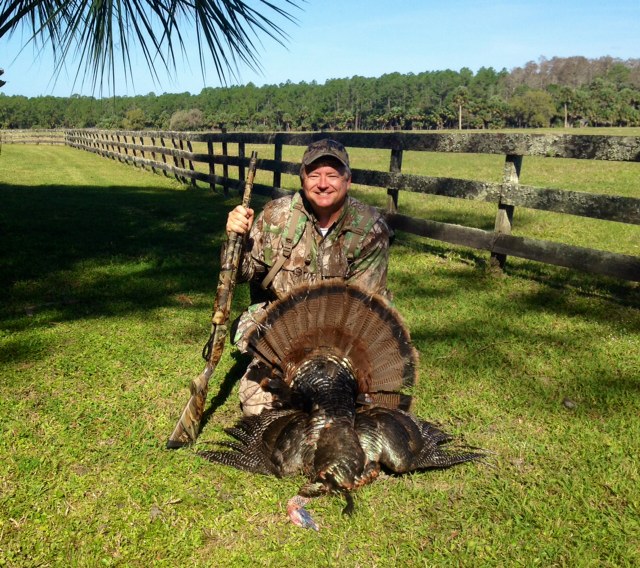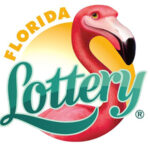
Here’s a novel idea for celebrating the pilgrims this Thanksgiving: skip the Butterball and instead, harvest a wild turkey.
Low in fat, organic, and antibiotic-free, a freshly-harvested Osceola gobbler–the wild turkey subspecies found only in Central and South Florida–can be a delicious holiday entree if you get busy right now.
The closest public land where you can hunt turkeys is the Upper St. Johns River Marsh Wildlife Management Area– more than 120,000 acres of woods and wetlands straddling Indian River and Brevard counties. It’s general gun season there right now which means you will be sharing the area with deer hunters. Most dedicated turkey hunters wait until spring gobbler season to bag a bird, so you probably won’t have a lot of direct competition. But all that hunting activity tends to put the wild and wary Osceolas on high alert. And since they don’t breed in the fall, they will be in full possession of their wits –not easily distracted by alluring hens.
Expert Orlando turkey hunter Mark Benson, who has hunted the Upper St. Johns, says this will be a challenge, but you might be able to pull it off.
“It’s either luck when you are sitting in a stand waiting for a deer and then a turkey comes through, or else you’ve really done your homework,” Benson said. “You need to know where they live and what they’re feeding on.”
Benson recommends hunting in the northern section of the Upper St. Johns between state roads 192 and 520 where the landscape is not as marshy as the region to the south. Look for turkey tracks and places where the birds have been scratching on the ground and scout the area to find out where they roost at night–which is usually in a stand of pines or cypress. You are not allowed to shoot turkeys off the roost, or to bait them. So you should position yourself, dressed in full camouflage (including mask and gloves), in a blind near the roost well before dawn and wait for them to fly down. Or you can call them using a diaphragm or mouth call such as Primo’s True Double, which Benson favors.
Unlike spring gobbler season, when a tom in the mood for love will eagerly come to your call, fall gobblers are less likely to respond. So Benson says your dialogue should be directed to the hens. He employs the ‘kee-kee run”.
“It’s a lost call when [turkeys] are separated– whistle, whistle, cluck,” Benson said. “I invariably end up talking to the hens and hope some gobblers are walking with them. If you can drag a hen in, there’s a good chance others will follow.”
If you fail to locate a roost or establish communication with the birds, Benson says, scout logging and airboat trails and oak hammocks where acorns are dropping. The birds may travel through open areas and along the banks of watery ditches.
“The more you know about a property, the easier it is to figure out where they are going,” Benson said.
If you’re lucky (or skilled) enough to locate a gobbler, you will want to be within 40 yards in order to hit it with your 12-gauge shotgun; rifles may not be used. Benson says to aim for the middle part of its neck.
Once you’ve harvested your gobbler, you could either pluck the whole bird or follow Benson’s example of plucking just the breast feathers and then cutting off the two breasts. He likes to cut the breasts into steak-fry-sized pieces, baste them with Italian dressing, and grill them until golden brown. Other recipes are available on the Florida Department of Agriculture and Consumer Service’s “Fresh from Florida” website (followfreshfromflorida.com/recipes/).
The Florida Fish and Wildlife Conservation Commission, which manages the state’s wild turkey and other game populations, encourages turkey hunting for the holiday.
A news release from the agency says, “wild turkey populations are abundant and provide sustainable hunting opportunities throughout the state.”
****
IF YOU GO
In order to hunt turkeys at the Upper St. Johns River Marsh Wildlife Management area, you need a hunting license, wild turkey permit, and wildlife management area permit. They can be purchased at the county tax collector’s office; some retailers; by phone at 888-486-8356; or at GoOutdoorsFlorida.com.
For a complete rundown on hunting regulations in the Upper St. Johns, go to myfwc.com/hunting/.






